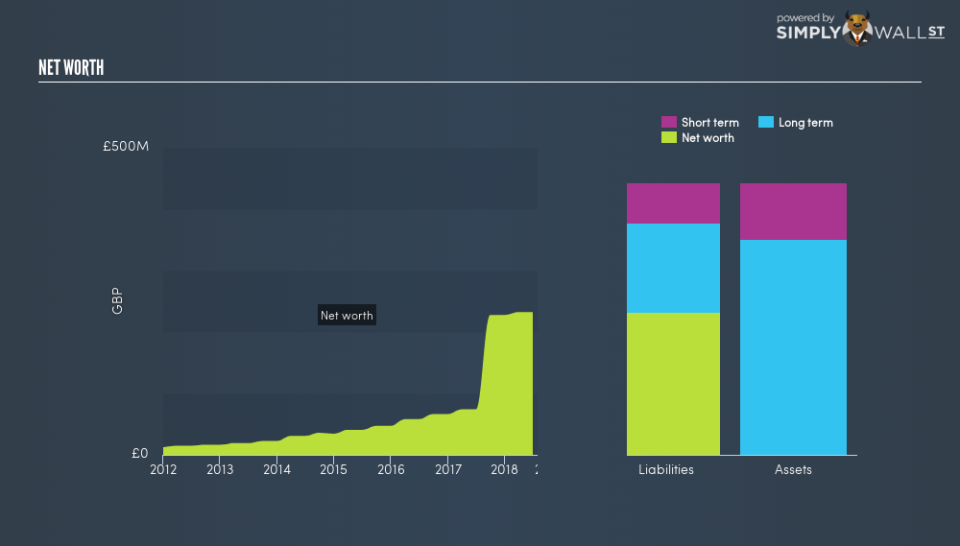Is Smart Metering Systems plc (LON:SMS) Spending Too Much Money?

If you are currently a shareholder in Smart Metering Systems plc (LON:SMS), or considering investing in the stock, you need to examine how the business generates cash, and how it is reinvested. What is left after investment, determines the value of the stock since this cash flow technically belongs to investors of the company. I’ve analysed below, the health and outlook of SMS’s cash flow, which will help you understand the stock from a cash standpoint. Cash is an important concept to grasp as an investor, as it directly impacts the value of your shares and the future growth potential of your portfolio.
See our latest analysis for Smart Metering Systems
What is free cash flow?
Smart Metering Systems’s free cash flow (FCF) is the level of cash flow the business generates from its operational activities, after it reinvests in the company as capital expenditure. This type of expense is needed for Smart Metering Systems to continue to grow, or at least, maintain its current operations.
I will be analysing Smart Metering Systems’s FCF by looking at its FCF yield and its operating cash flow growth. The yield will tell us whether the stock is generating enough cash to compensate for the risk investors take on by holding a single stock, which I will compare to the market index. The growth will proxy for sustainability levels of this cash generation.
Free Cash Flow = Operating Cash Flows – Net Capital Expenditure
Free Cash Flow Yield = Free Cash Flow / Enterprise Value
where Enterprise Value = Market Capitalisation + Net Debt
After accounting for capital expenses required to run the business, Smart Metering Systems is not able to generate positive FCF, leading to a negative FCF yield – not very useful for interpretation!
Is Smart Metering Systems’s yield sustainable?
Does Smart Metering Systems’s future look brighter in terms of its ability to generate higher operating cash flows? This can be estimated by examining the trend of the company’s operating cash flow going forward. Over the next few years, the company is expected to grow its cash from operations at a double-digit rate of 80%, ramping up from its current levels of UK£40m to UK£71m in two years’ time. Although this seems impressive, breaking down into year-on-year growth rates, SMS’s operating cash flow growth is expected to decline from a rate of 41% next year, to 27% in the following year. But the overall future outlook seems buoyant if SMS can maintain its levels of capital expenditure as well.
Next Steps:
Now you know to keep cash flows in mind, I recommend you continue to research Smart Metering Systems to get a better picture of the company by looking at:
Historical Performance: What has SMS’s returns been like over the past? Go into more detail in the past track record analysis and take a look at the free visual representations of our analysis for more clarity.
Management Team: An experienced management team on the helm increases our confidence in the business – take a look at who sits on Smart Metering Systems’s board and the CEO’s back ground.
Other High-Performing Stocks: If you believe you should cushion your portfolio with something less risky, scroll through our free list of these great stocks here.
To help readers see past the short term volatility of the financial market, we aim to bring you a long-term focused research analysis purely driven by fundamental data. Note that our analysis does not factor in the latest price-sensitive company announcements.
The author is an independent contributor and at the time of publication had no position in the stocks mentioned. For errors that warrant correction please contact the editor at editorial-team@simplywallst.com.

 Yahoo Finance
Yahoo Finance 
